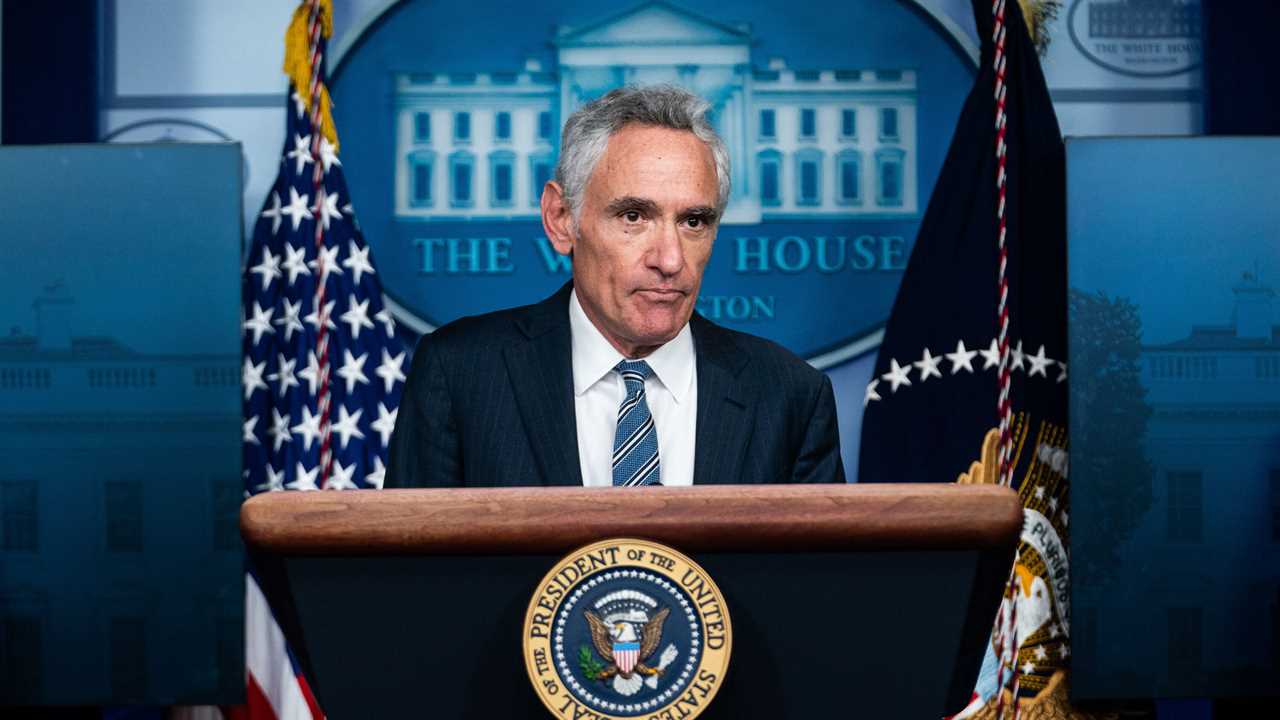
WASHINGTON — Dr. Scott W. Atlas, the former Stanford University radiologist who espoused controversial theories and rankled government scientists while advising President Trump on the coronavirus pandemic, resigned his White House position on Monday.
The move was not entirely unexpected. Dr. Atlas joined the White House in August as a special government employee for a limited term after he caught Mr. Trump’s eye with his frequent appearances on Fox News over the summer. Dr. Atlas’s term was set to expire this week.
“I worked hard with a singular focus — to save lives and help Americans through this pandemic,” Dr. Atlas wrote in a letter that he posted Monday night on Twitter, adding, “I always relied on the latest science and evidence, without any political consideration or influence.” Fox News earlier reported his resignation.
Honored to have served @realDonaldTrump and the American people during these difficult times. pic.twitter.com/xT1hRoYBMh
— Scott W. Atlas (@ScottWAtlas) December 1, 2020
But some of Dr. Atlas’s Trump administration colleagues would most likely contradict that assessment, citing views starkly different from those put forth by officials at the Centers for Disease Control and Prevention and by other government scientists. Dr. Atlas has argued, for example, that the science of mask wearing is uncertain and that children cannot spread the coronavirus.
Even more contentious was his libertarian vision of the role of the government in the pandemic. In Dr. Atlas’s view, the government’s job was not to stamp out the virus but simply to protect its most vulnerable citizens as Covid-19 took its course.
His argument was that most people infected with the coronavirus would not get seriously ill, and at some point, enough people would have antibodies from Covid-19 to deprive the virus of carriers — so-called herd immunity. Dr. Atlas also railed against anything that smacked of a lockdown or business closure.
“Protect the high-risk; open schools, society,” he tweeted in October. “Alternative? Confine healthy people, restrict business, close schools…kills people, destroys families, sacrifices kids. #RationalThinking.”
Public health experts were appalled and warned that his ideas were dangerous and would have disastrous results.
But that did not stop Dr. Atlas. In mid-November, he called on people in Michigan to “rise up” against coronavirus restrictions. The state’s governor, Gretchen Whitmer, who had faced death threats and a thwarted kidnapping attempt over the restrictions, denounced him as “incredibly reckless.”
But in his resignation letter and the accompanying tweet, Dr. Atlas defended himself.
“We also identified and illuminated early on the harms of prolonged lockdowns, including that they create massive physical health losses and psychological distress, destroy families and damage our children,” he wrote.
“And more and more,” he added, “the relatively low risk to children of serious harms from the infection, the less frequent spread from children, the presence of immunologic protection beyond that shown by antibody testing, and the severe harms from closing schools and society are all being acknowledged.”
Inside the administration, Dr. Atlas clashed in particular with Dr. Anthony S. Fauci, the government’s top infectious disease specialist, and Dr. Deborah L. Birx, the coronavirus response coordinator.
While Dr. Atlas was playing down the necessity of wearing masks, Dr. Birx was traveling the country preaching the opposite. She implored governors and public health officials in hard-hit states to take more aggressive steps. The two also clashed repeatedly in private.
But Dr. Atlas’s disagreements with Dr. Fauci were more visceral — and more public.
After the election, Dr. Atlas accused Dr. Fauci of being a “political animal” who changed his assessment of the threat of the pandemic after it became clear that Mr. Trump had lost. Dr. Fauci replied in kind.
“I don’t want to say anything against Dr. Atlas as a person, but I totally disagree with the stand he takes,” he said recently on the “Today” show on NBC, after Dr. Atlas’s comments about Michigan. “I just do, period.”
But Dr. Atlas had the ear of the one person who mattered: Mr. Trump.
“He has many great ideas,” the president told reporters in August at a White House briefing, with Dr. Atlas seated feet away. “And he thinks what we’ve done is really good, and now we’ll take it to a new level.”
Did you miss our previous article...
https://trendinginthenews.com/usa-politics/weve-harmed-the-senate-enough-why-joe-manchin-wont-budge-on-the-filibuster






